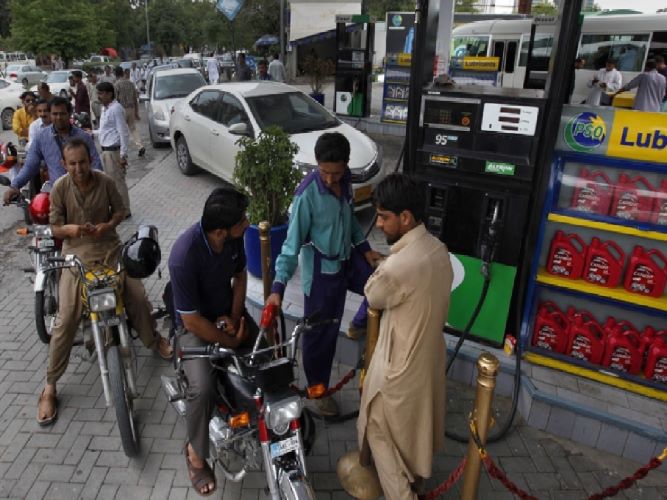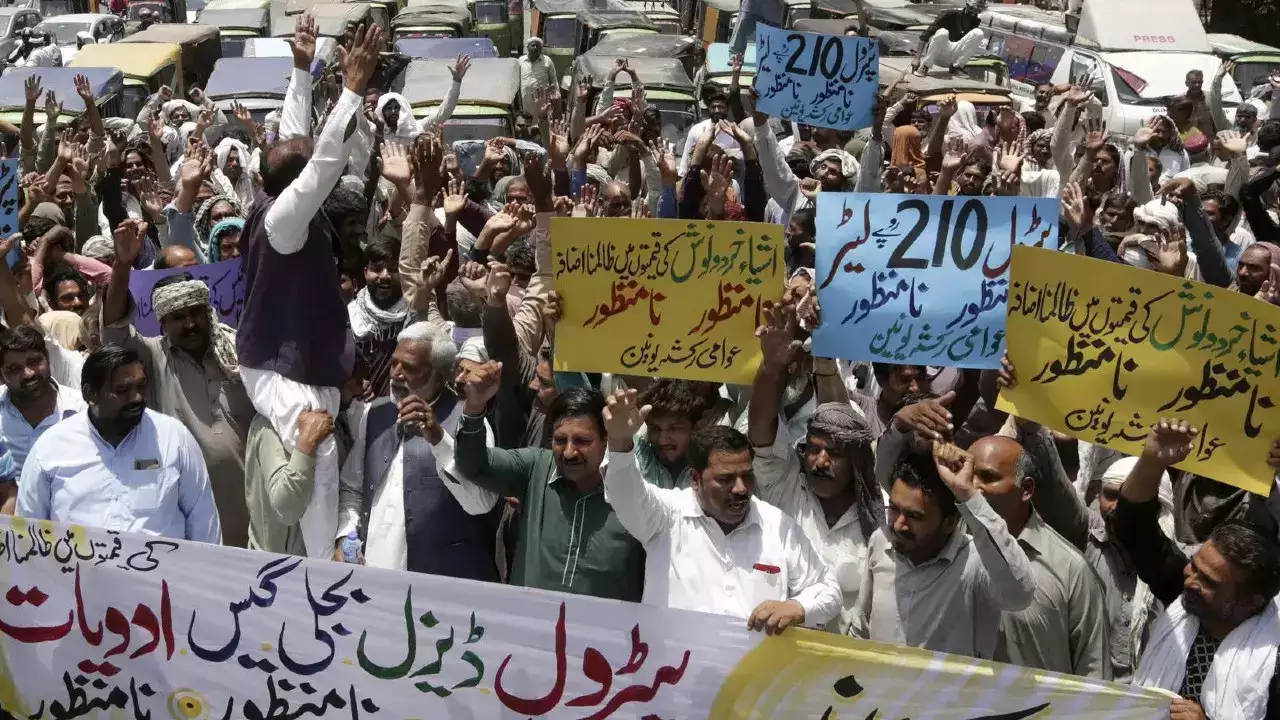
The surge in petroleum prices, adding to the already existing woes of the common man, has sparked concerns about the increasing burden on the poor
SHOUKAT LOHAR
Pakistan, a nation grappling with numerous challenges, finds itself once again at the mercy of a deteriorating economic situation. The recent surge in petroleum prices, adding to the already existing woes of the common man, has sparked concerns about the increasing burden on the poor. This essay deals into the Pakistani political downfall, the mounting economic crisis, and the alarming consequences for the nation’s most vulnerable citizens.
Political Instability and Economic Crisis
Pakistan has experienced a tumultuous political landscape in recent years, marked by frequent changes in government and ongoing power struggles. This political instability has had a profound impact on the country’s economic stability and development. Disruptions in governance, policy inconsistencies, and lack of long-term planning have contributed to an ever-worsening economic crisis.
Petroleum Price Hike
The recent decision to increase petroleum prices further exacerbates the predicament faced by the ordinary citizens. With a previous hike of 19.5% and now an additional 17.5%, these increases place an enormous burden on the common man, especially the poor who are already struggling to make ends meet. The rising cost of fuel has a cascading effect on transportation, food prices, and essential services, ultimately affecting the overall cost of living.

Impact on the Poor
The poor are the hardest hit by economic crises and increasing petroleum prices. As the cost of basic commodities and transportation rises, the ability of low-income households to afford essential goods and services diminishes significantly. Food security becomes a critical concern as vulnerable populations face the risk of starvation and malnutrition. The poor are often forced to cut back on education, healthcare, and other vital expenses, perpetuating a cycle of poverty and deprivation.
Strangulation of the Common Man
The decision to increase petroleum prices further strangles the common man, pushing them deeper into financial distress. For the daily wage earners who rely on public transportation or have small businesses, the rising fuel costs compress their already limited income. This situation not only affects individuals but also has a detrimental impact on the overall economy, as reduced purchasing power leads to decreased consumer spending.
The Need for Reconsideration
It is imperative for the government to reconsider its decision to increase petroleum prices. While governments must balance fiscal responsibilities, it is equally crucial to prioritize the welfare of the citizens, particularly the most vulnerable. Alternative measures, such as rationalizing subsidies, exploring renewable energy sources, and efficient resource management, should be considered to alleviate the burden on the common man.
Conclusion
The political downfall in Pakistan, coupled with the deepening economic crisis and the recent surge in petroleum prices, has created an untenable situation for the poor and marginalized populations. It is crucial for the government to recognize the hardships faced by its citizens and take immediate steps to mitigate their suffering. By prioritizing the welfare of the common man and implementing sustainable economic policies, Pakistan can work towards a more inclusive and prosperous future for all its citizens. But seems challenging!
____________________
 Shoukat Lohar is Assistant professor in English at Mehran University of Engineering and Technology Jamshoro. He can be reached at Shoukat.ali@faculty.muet.edu.pk
Shoukat Lohar is Assistant professor in English at Mehran University of Engineering and Technology Jamshoro. He can be reached at Shoukat.ali@faculty.muet.edu.pk